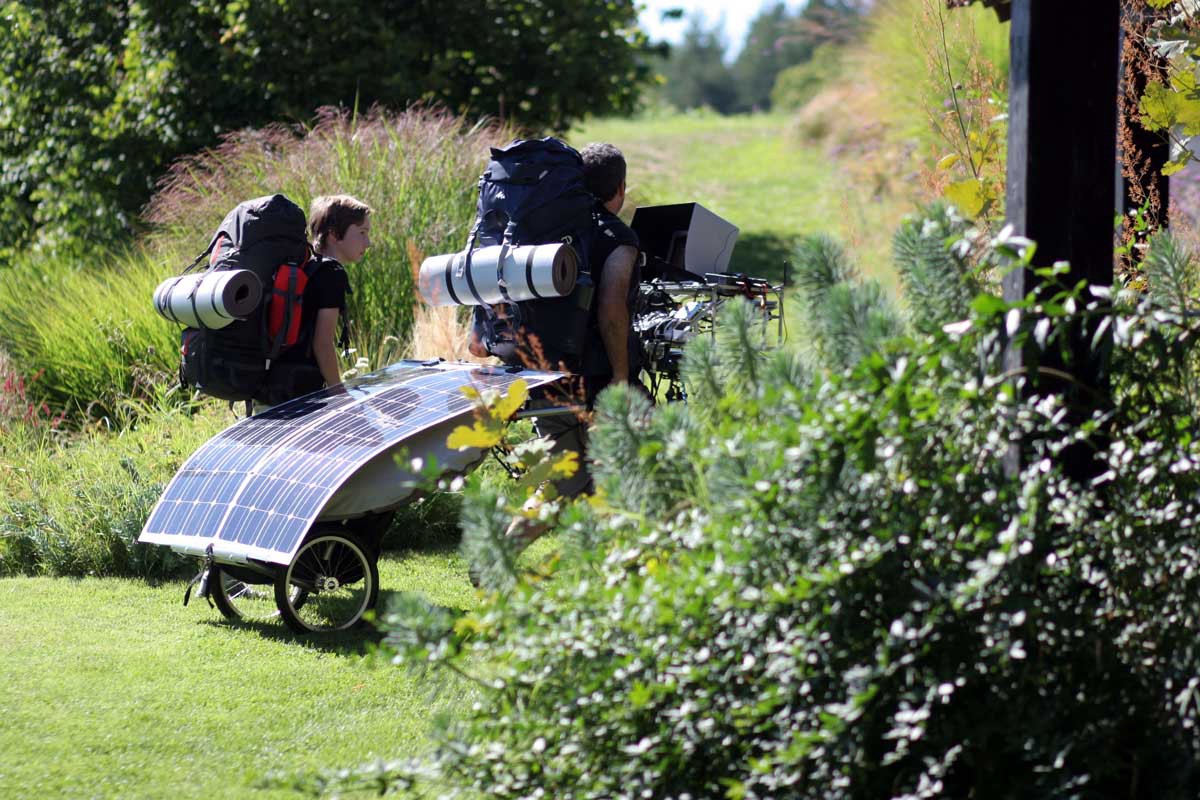Stories about the future of labor and employment, from automation to collaboration

Watch: The Ideal Workweek, According to Science
Many of history’s greatest minds worked less than four hours per day–and so should the rest of us.
The Future of International Scientific Collaboration
Countries cooperating to steer the direction of a world-changing technology is important–but they should include those which have not historically had a voice in global scientific conversations.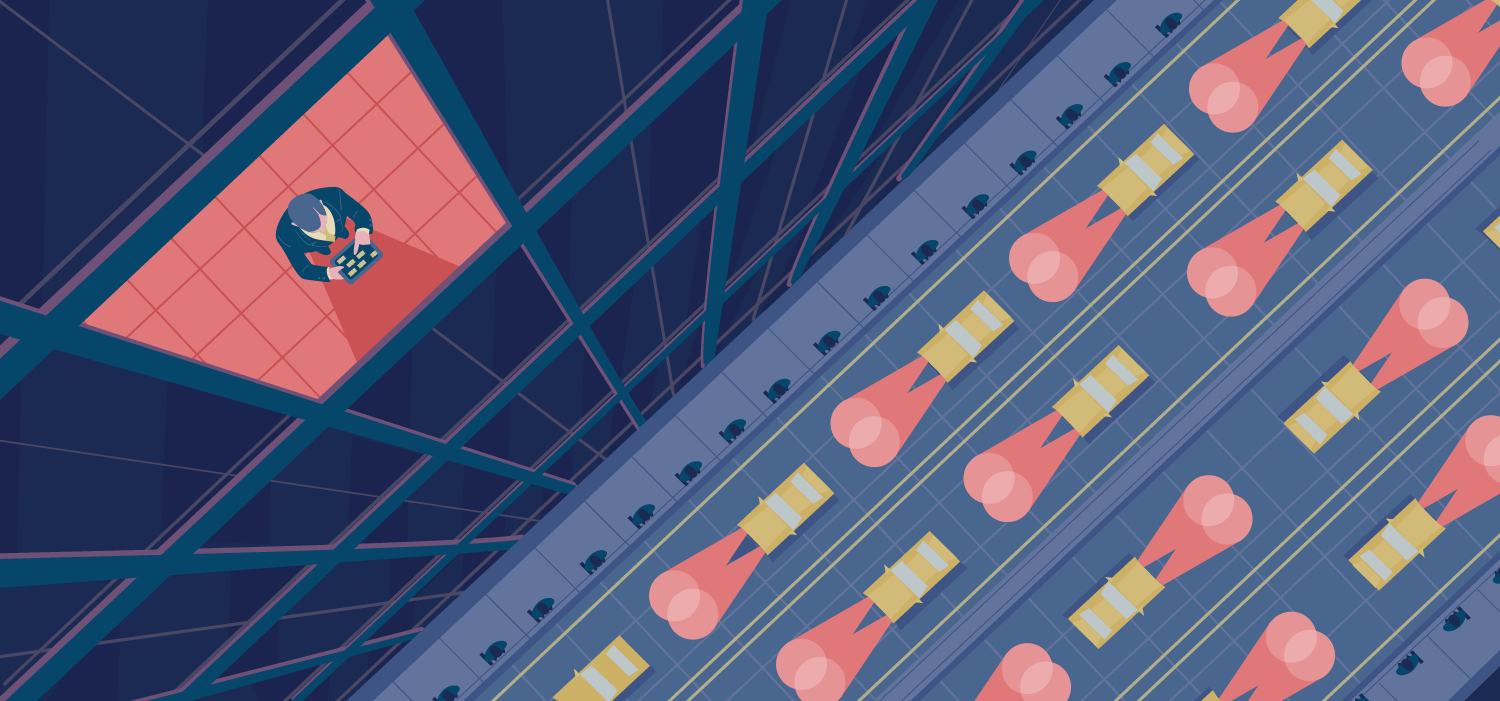
Reversing the Lies of the Sharing Economy
So, how exactly did we get to the point where business executives at conferences can talk about Uber as a “sharing economy” platform with straight faces? How is it that they don’t feel a deep sense of inauthenticity? To understand this, we must return to the roots of the actual sharing economy. It is the only way we can wrest it back from those who have hijacked it.
The Places Where There Are No Women: Fighting for Jobs in Pakistan
Overcoming such profound economic disparity means likewise facing systemic issues of religion, culture, and gender. For all those young women who say they want to work in the city, it’ll take much more than an uncomfortable ride in a mini-bus to get them there.
The Boundaries of Artificial Emotional Intelligence
If our virtual assistants and emotional laborers are all turning out to be soothing, female-voiced AI, will it close certain gaps for human women? Or will it ratify them?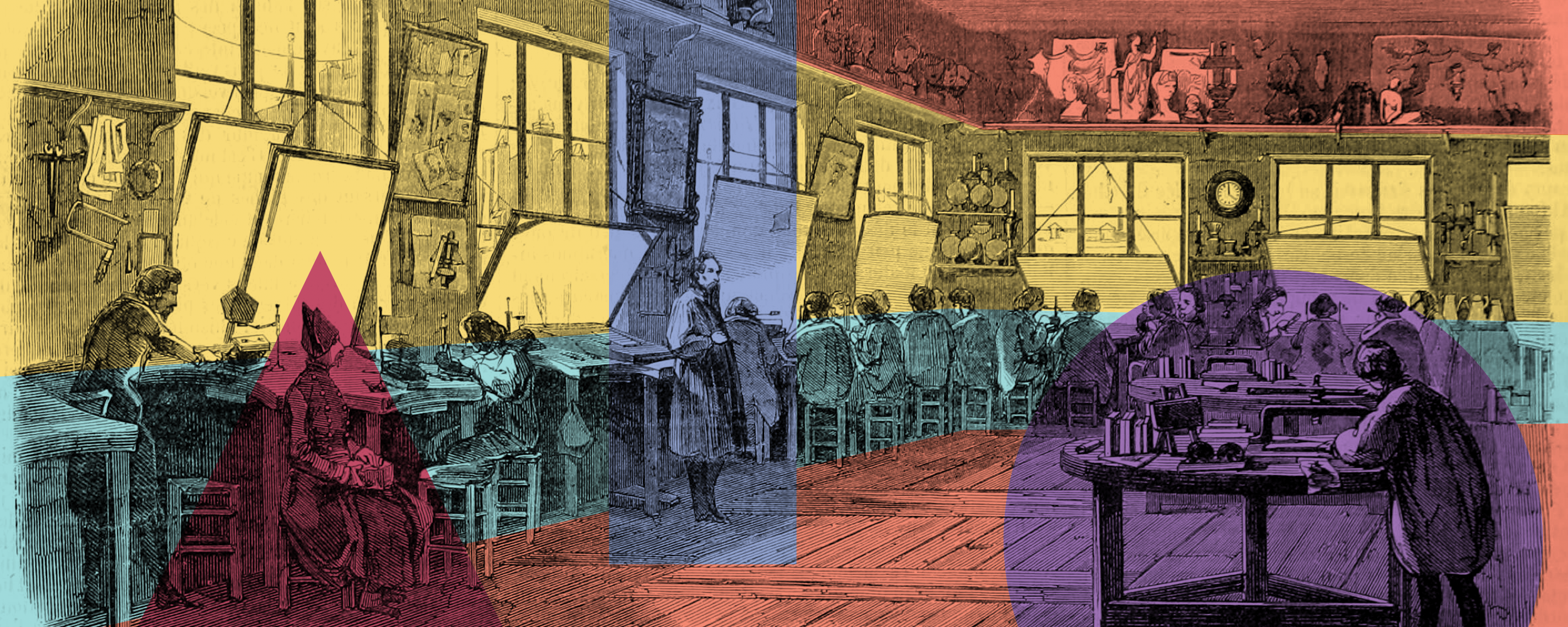
The Ideal Workweek, According to Science
Not so, according to a towering body of evidence in support of workdays that are shorter and more thoughtfully designed in accordance with what we know about the science of productivity.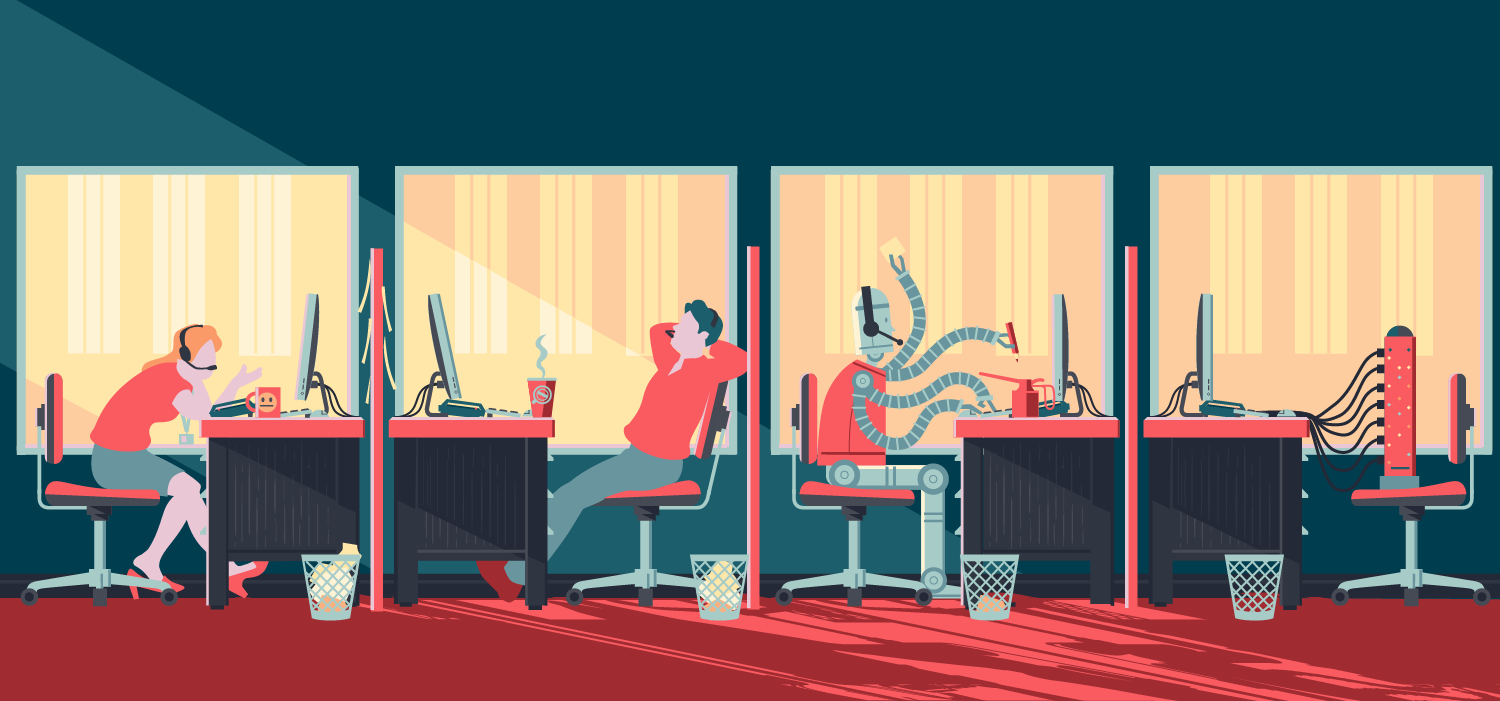
Let Robots Handle Your Emotional Burnout at Work
But as robotics and computing evolve, some researchers foresee a future where technology can relieve the long-held emotional burden of some of these professions. They think we owe it to the service workforce to offer a new frontline of robotic protection. In fact, they think it’s far overdue–but does that actually mean just automating these jobs away?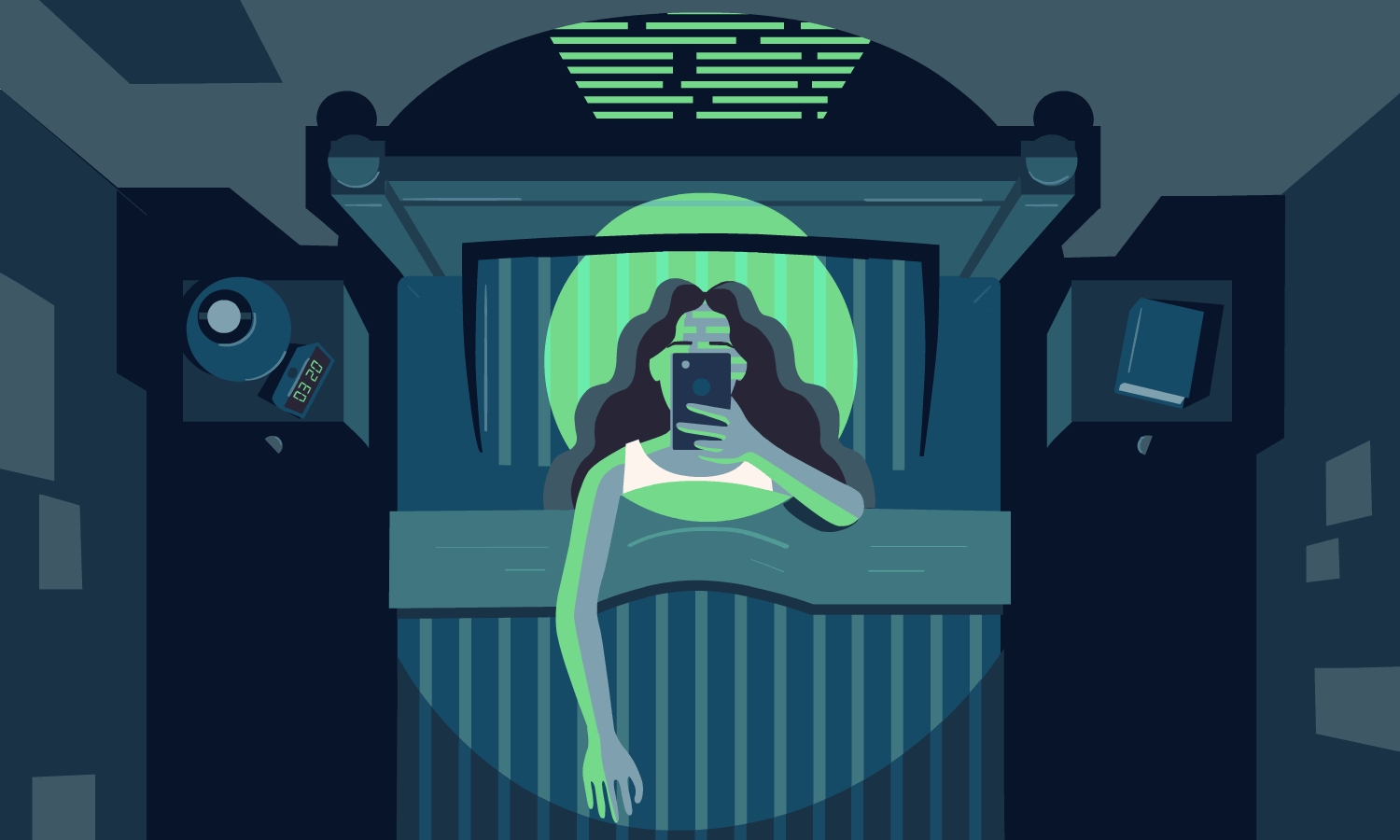
Persisting in Dark Times: Lessons From a War Crimes Researcher
These days, though, you don’t necessarily have to belong to the media or an intelligence agency to hunt for criminals and analyze the damage they’ve done.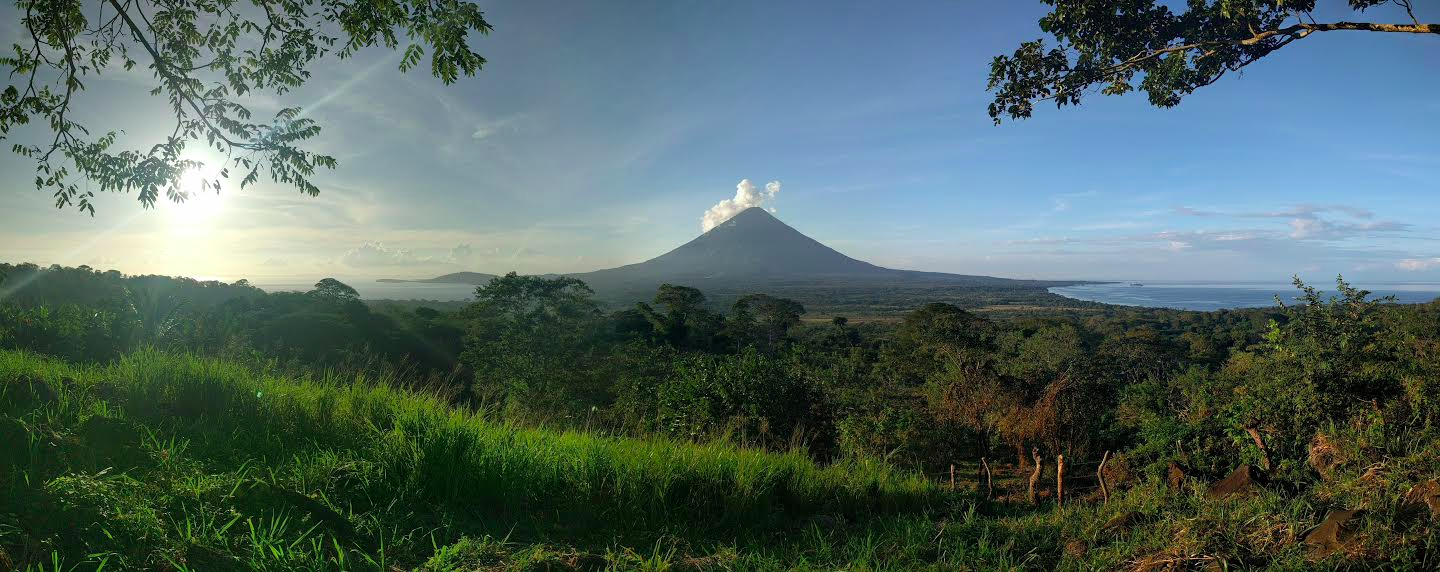
My New Job in an Eco-Village on a Volcano
If we’re looking for a future where we reinvent the way we work, integrate our activities into the natural world, and prioritize healthy human development, then eco-villages, in many senses, can be a model for our “neighborhoods of the future.”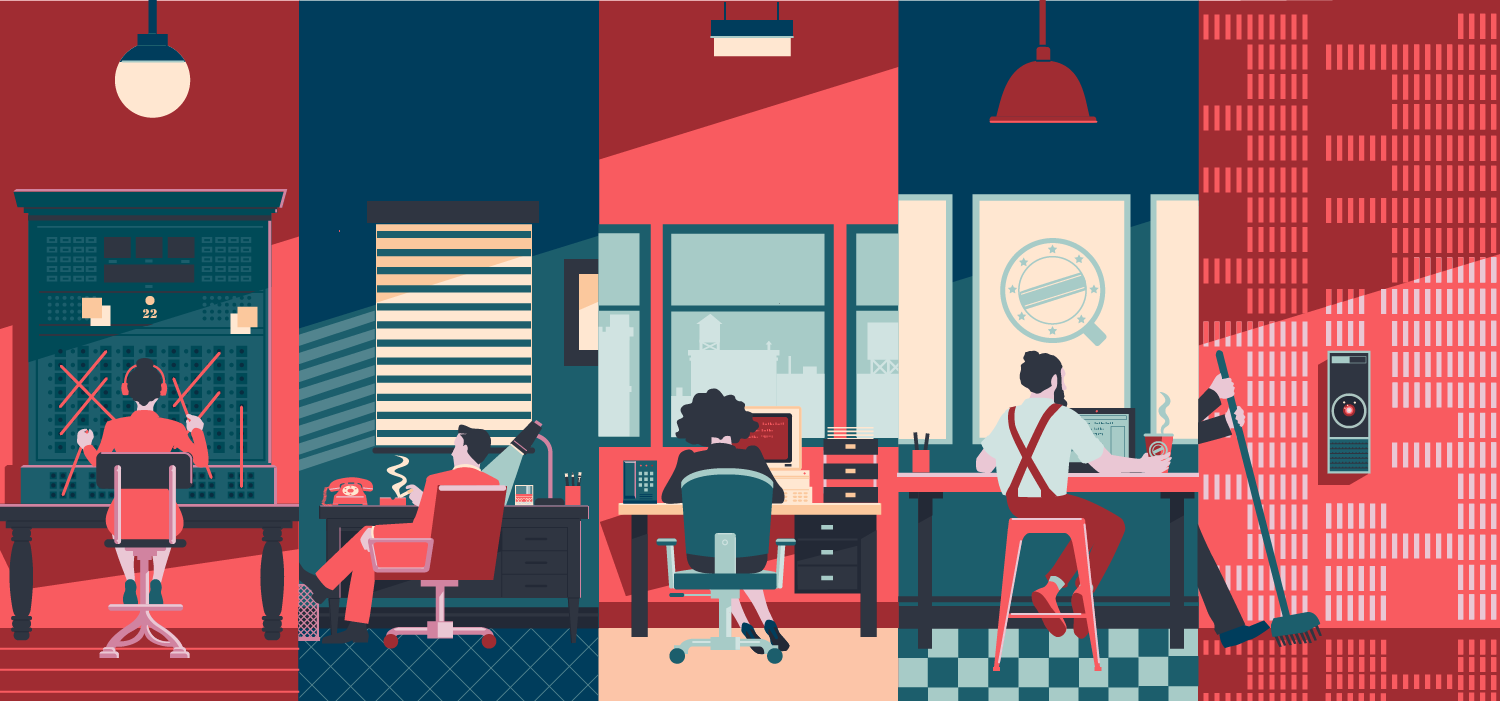
The Way We Work: A Reading List
A crash course in new developments in employment and labor.
Should Tech Companies That Derive All Their Value from Users Be Co-ops?
Many startups monetize cooperation and collaboration, but not when it comes to their employees.